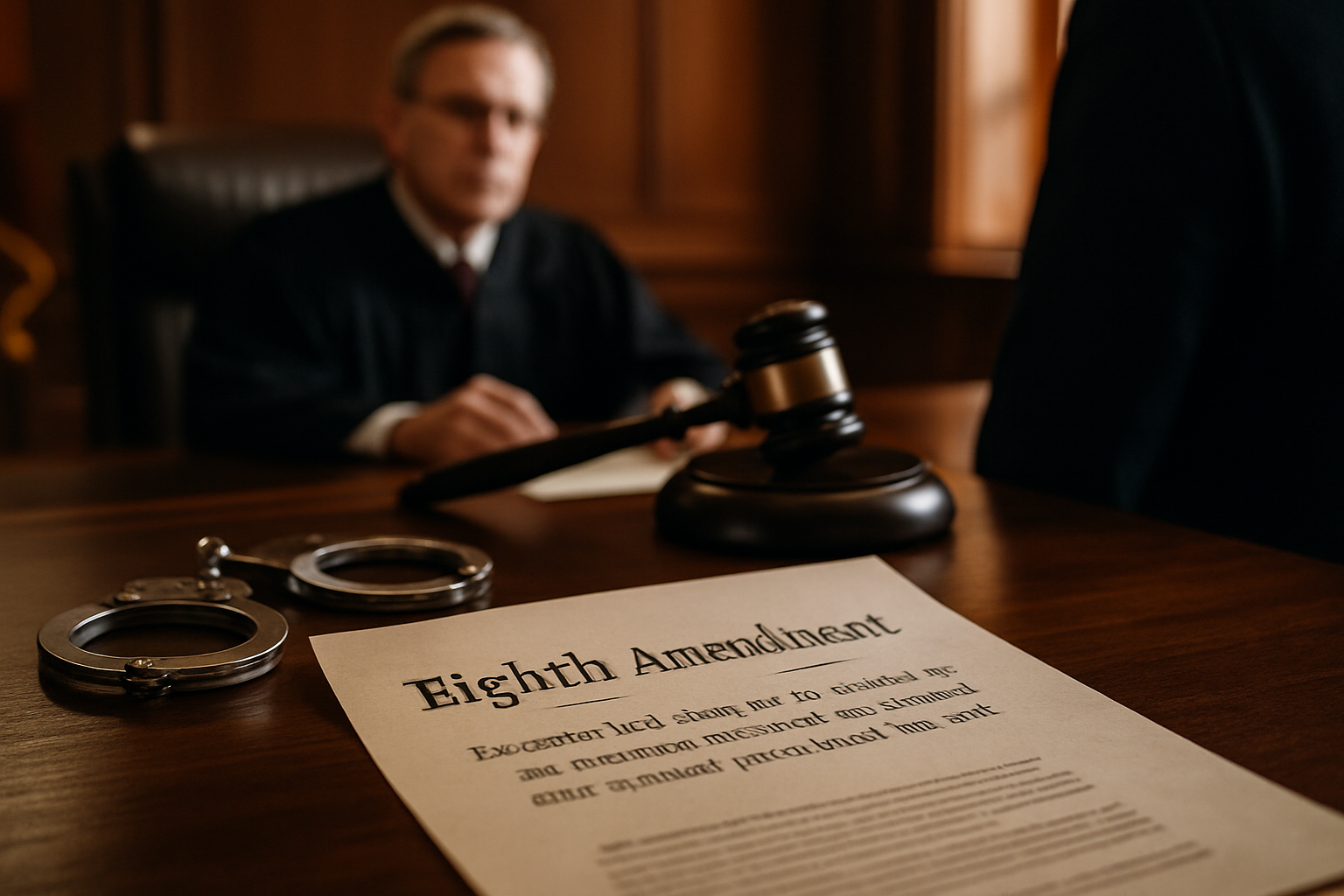Title: The Nuances of Jury Nullification in Modern Legal Systems
Introduction: In the realm of legal jurisprudence, jury nullification stands as a controversial yet intriguing concept. This unique power allows jurors to acquit defendants despite clear evidence of guilt, essentially nullifying the law in specific cases. As we delve into this complex topic, we'll explore its historical roots, current applications, and the ongoing debate surrounding its place in modern legal systems.

Historical Context and Origins
The concept of jury nullification traces its roots back to medieval England, where it emerged as a safeguard against unjust laws and tyrannical governance. One of the earliest recorded instances occurred in 1670 with the trial of William Penn and William Mead. The jury refused to convict the pair for unlawful assembly, despite clear evidence of guilt, believing the law to be unjust. This case set a precedent for jury independence and the power to nullify laws deemed unfair.
In the United States, jury nullification gained prominence during the colonial era and played a crucial role in resisting British rule. Juries often refused to convict colonists charged with violating unpopular British laws, effectively undermining the crown’s authority. This tradition continued into the early years of the republic, with juries using their nullification power to challenge laws they considered unjust or overreaching.
Legal Status and Controversy
The legal status of jury nullification remains a subject of intense debate. While the power of juries to nullify laws is not explicitly granted by statutes or constitutions, it is an inherent consequence of two fundamental principles of the justice system: the jury’s right to deliver a general verdict and the prohibition against retrying acquitted defendants (double jeopardy).
Courts have generally been reluctant to formally recognize jury nullification as a right. In the 1895 case of Sparf v. United States, the Supreme Court ruled that while juries have the power to nullify, they do not have the right to be informed of this power. This decision has shaped the modern approach to jury nullification, creating a peculiar situation where the power exists but cannot be openly discussed in courtrooms.
Arguments For and Against
Proponents of jury nullification argue that it serves as a crucial check on government power and allows for the compassionate application of laws. They contend that it provides a mechanism for citizens to directly participate in the lawmaking process by refusing to enforce laws they deem unjust or outdated. Supporters often cite historical examples where jury nullification was used to challenge morally questionable laws, such as the Fugitive Slave Act in the pre-Civil War era.
Critics, on the other hand, argue that jury nullification undermines the rule of law and can lead to inconsistent and arbitrary application of justice. They worry that it allows jurors to inject their personal biases into verdicts, potentially resulting in discriminatory outcomes. Additionally, opponents contend that nullification usurps the role of legislators in creating and modifying laws, disrupting the balance of powers in a democratic system.
Modern Applications and Notable Cases
While less common in contemporary times, jury nullification continues to influence legal outcomes in various contexts. In recent years, it has been invoked in cases involving drug possession, assisted suicide, and politically motivated acts of civil disobedience. One notable example is the case of Ed Rosenthal, a California medical marijuana grower who was acquitted by a jury in 2003, despite clear evidence of his guilt under federal law.
The advent of mandatory minimum sentencing laws has also reignited interest in jury nullification as a potential counterbalance to perceived injustices in the criminal justice system. Some jurors have used their nullification power to resist what they view as excessively harsh sentences for non-violent offenses, particularly in drug-related cases.
Future Implications and Ethical Considerations
As society grapples with evolving social norms and the complexities of modern governance, the role of jury nullification in legal systems remains a topic of ongoing discussion. Legal scholars continue to debate whether juries should be explicitly informed of their nullification power and how to balance this practice with the principles of consistent law enforcement and equal justice.
The ethical implications of jury nullification also raise important questions about the nature of democracy and the relationship between citizens and the law. As technology and social media facilitate greater public awareness of legal issues, the potential for jurors to be influenced by external factors in their decision-making process adds another layer of complexity to this already contentious issue.
In conclusion, jury nullification stands as a testament to the dynamic and sometimes unpredictable nature of legal systems. While its use may be controversial, its existence serves as a reminder of the crucial role citizen participation plays in the administration of justice. As societies continue to evolve, the debate surrounding jury nullification will likely persist, challenging us to constantly reevaluate the delicate balance between law, morality, and civic responsibility.





